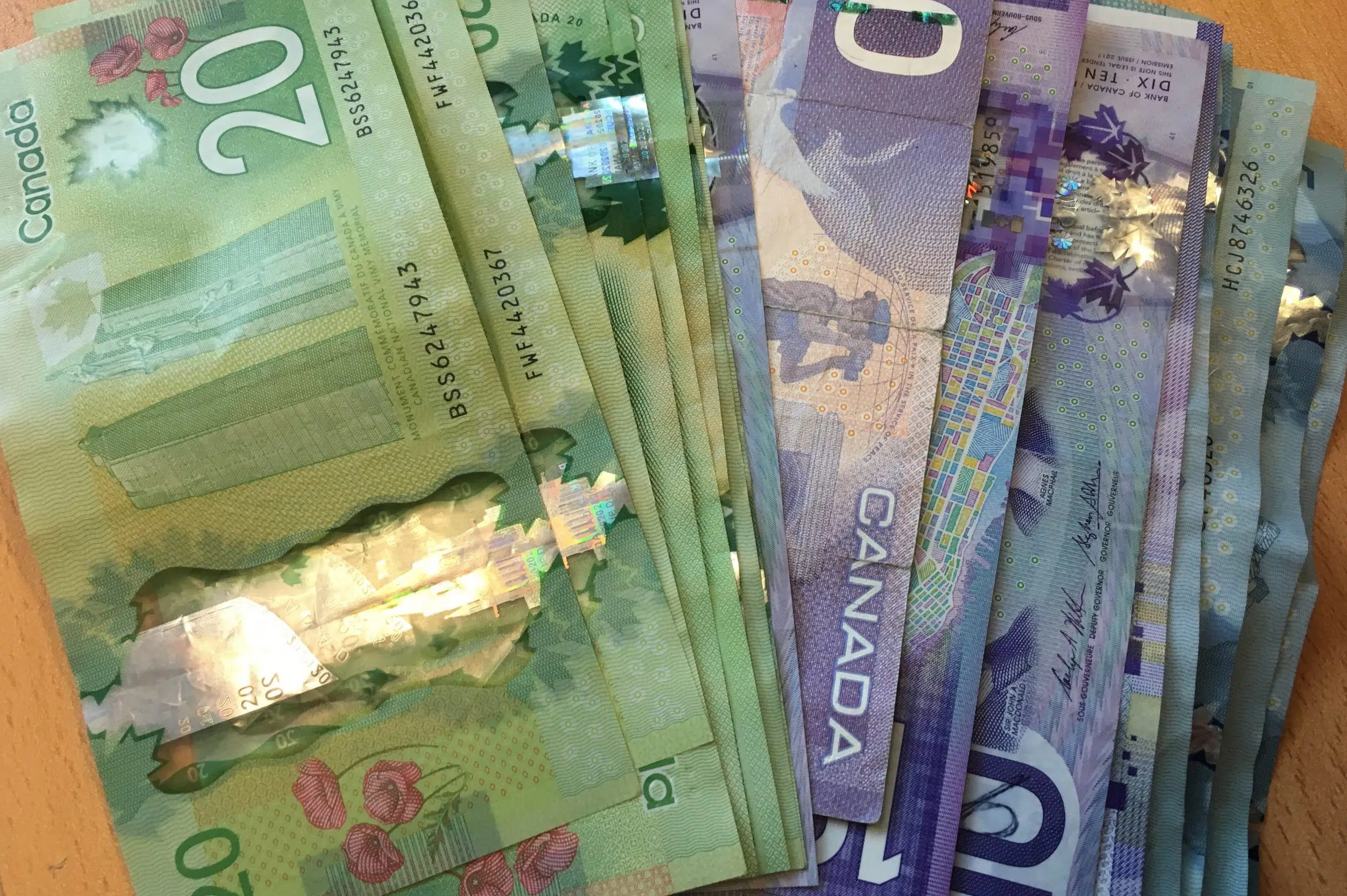Saskatoon Mayor Charlie Clark is estimating the city will receive up to $34 million of the $7.5 billion the province announced Wednesday in its stimulate the economy package.
Premier Scott Moe said $150 million will be handed out in a per-capita payment through the Municipal Economic Enhancement Program (MEEP) for infrastructure projects in communities across the province.
Mayor Clark says the money was given with flexibility and that will help meet a variety of the city’s needs. But there’s lots to be worked out yet regarding where they’ll spend the money.
“The intention for us will be to stretch these dollars as far as we can, make the most of this in terms of improving investment in our community, in terms of getting people back to work, also looking at how do we leverage and work with the federal funding that’s in place and also to potentially address some of our funding challenges,” said Clark.
The allocation of funding of the MEEP is for quicker turn around, shovel-ready projects and not large long-term infrastructure. Clark says the money could be used for a wide variety of things.
“Simple things like expanding the amount of roads that we can be repairing or addressing some challenges when it comes to water and sewer infrastructure, transportation needs.”
City administration has been asked to come back to city council with a report on the implications of the funding and to outline some different strategies of spending.
Regina mayor Michael Fougere says the announcement is significant for municipalities across the province and is pleased with how quickly municipalities can apply for the funding.
Municipalities can apply beginning May 19th and then money will begin flowing on July 17.
“We see this as being a very flexible and rapid response to providing economic stimulation.”
Fougere said the city will be adding their transportation master plan, recreation master plan and waste water plans to the list of projects they want to work with the funding from the province.
A list of priority projects will go to council at the end of May and then those applications will go for approval from the province.
“This provides us with a couple of important things – getting projects ready to go, get them started and get them approved over the next two years,” Fougere said.
While the money will help on the capital projects side of their budget, Fougere noted the operating side of the budget is a whole different story.
Fougere said the city is seeing around a $20 million decrease in revenue due to the COVID-19 pandemic. This is from recreational facilities closing, not charging for transit, less fines being handed out and not collecting taxes until the fall.
Fougere expects to receive $30 million of the $150 million the province is putting towards the Municipal Economic Enhancement Program because it is based on a per-capita need.
-With files from 980 CJME’s Britton Gray











